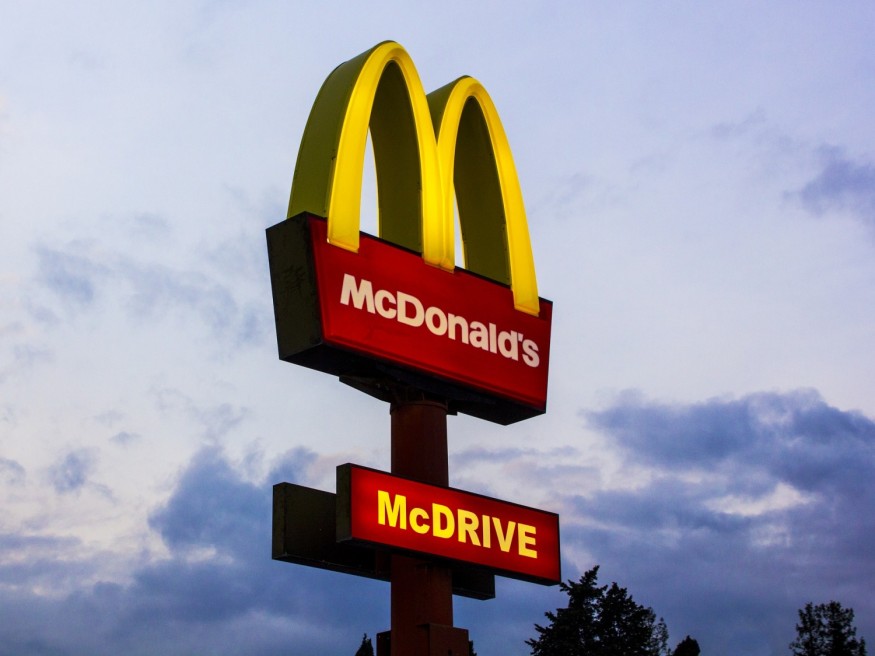Ford and McDonald's Are New Besties And We Love It

Latin America is leading the world in the Automotive Connected Car Industry, says a report recently released by ResearchandMarkets.com. It shows that Latin America is one of the automotive industry's leading regions in the world for suppliers of tech related to connectivity, alongside the Middle East and the Asian Pacific regions. What does this mean for car enthusiasts?
It means that their ability to get things like aftermarket Ford parts is going to get much bigger and, likely, more affordable.
The Connective Car Industry isn't the only industry where Latin America is going to see some action. It turns out that, in addition to connectivity tech, you'll soon be able to shop sustainably for the parts you need, as well. And those parts? Well, they're going to be made out of coffee. Kind of.
Technically speaking, Ford and McDonald's will be making these new sustainable car parts out of chaff. Chaff is the outer layer of the coffee bean that gets sloughed off during the roasting process. The roasters that supply coffee to companies like McDonald's are stuck with multiple millions of pounds of the stuff every year. Now they've figured out what to do with it.
In possibly the strangest (and most awesome) teamup ever, McDonald's is partnering with Ford engineers to take that chaff and turn it into things like the housings for headlamps and other "under the hood" parts. How is this possible?
According to an Automoblog reporter, "It sounds like a joke, but by heating the chaff to high temperatures under low oxygen conditions, then mixing it with plastic and some other additives, you can turn the chaff into pellets. The pellets can be formed into various shapes, like headlight housings."
The energy benefits associated with using chaff to manufacture casings and auto parts, say the Automoblog reporters, are huge:
"This composite of chaff and plastic meets Ford's quality specs for various parts (like headlight housings) and other under-hood components. Not only that, but the coffee chaff components are about 20 percent lighter, so performance and fuel economy goes up. And the environmental cherry on top is how the molding process requires up to 25 percent less energy. Neat!"
McDonald's, it is important to understand, does not actually roast its own coffee beans, so it will not be selling the chaff directly to Ford Motor Company. It has, however, led the world in sustainable efforts and making changes so that its coffee is sourced 100% sustainably. What Ford is doing instead, is asking McDonald's to help connect the car manufacturer to the coffee roasters whose chaff is likely to revolutionize the automobile parts manufacturing industry, something Ford has been doing for nearly a decade.
According to CNN, "The auto company has been using soy-based foam in its cushions since 2011. It also uses waste from wheat, coconut, tomato and other plants in its cars in order to help meet some of its sustainability goals, which include using more renewable materials. "If you came to our lab, it looks somewhere between a landfill and a farm," Miewelski said. Her team decided to examine the potential of coffee because the beverage is so ubiquitous. Once the Ford team figured out how coffee chaff could be used to build car parts, it reached out to McDonald's because of the restaurant chain's scale and its comparable sustainability goals, Miewelski said. Like Ford, McDonald's also wants to incorporate renewable and recycled materials into its products."
The partnership between Ford and McDonald's could help pave the way for future unlikely partnerships, which is only good news for the Latin American countries who are supplying these major corporations with the components they need.
Subscribe to Latin Post!
Sign up for our free newsletter for the Latest coverage!

















